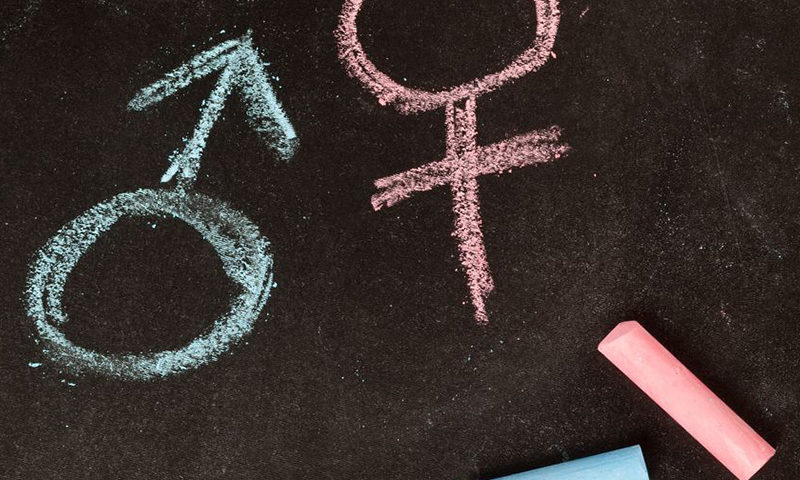The role of fertility education in schools

EmbryoScope Time Lapse: the success key to pregnancy
April 23, 2020
Baby girl becomes first born after womb transplant from deceased donor
April 23, 2020
Girls should be taught the best way to get pregnant in compulsory sex education classes which now include lessons on when and how to conceive, a group of doctors and fertility experts have said.
Advocating a move away from the current focus on contraception and pregnancy, The Fertility Education Initiative (FEI) told The Times that it was calling for a more balanced approach to sex education. It said that many young women now believe they will be able to conceive whenever they want to, despite NHS figures showing one in seven couples struggle to get pregnant.
The pain of involuntary childlessness should not be underestimated, the group warned, adding that the rising age of pregnancy was causing concern among medical professionals. It comes after the Government said sex education would be compulsory in secondary schools from 2019. It is also expected that primary school children will be taught about modern relationships. Sex education is only currently compulsory in local authority run-schools and only includes biology lessons. The new measures will extend to grammar schools, academies and free schools.
A consultation was launched by the Government to consider which issues would be included in the new classes, such as sexting, pornography, mental wellbeing and consent. In a submission by the FEI, seen by The Times, the group urged the Government to include a more detailed examination of fertility from puberty through to menopause.
The impact of lifestyle factors, such as alcohol and obesity, on fertility should also be spelled out, the group said. Jessica Hepburn, of education group Fertility Fest, which supports the proposals, told The Times: “We are failing young people because important fertility information is missing from this education”. “They urgently deserve the full story about fertility and its limits, so that they can make informed decisions about their future”.
“Kids should also be taught the limits of IVF, egg-freezing and other reproduction treatments. They’ve heard things in the media about egg-freezing and IVF but don’t really understand what these things entail, the costs or the limits of science.”
Source: Independent.com




